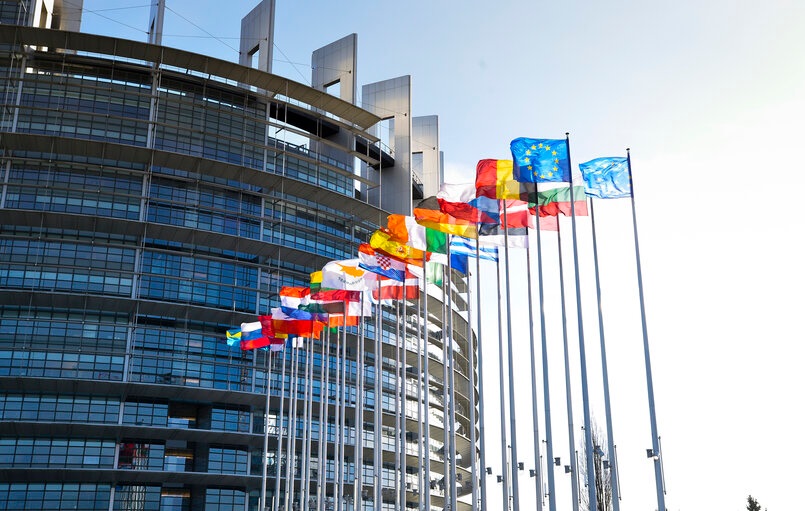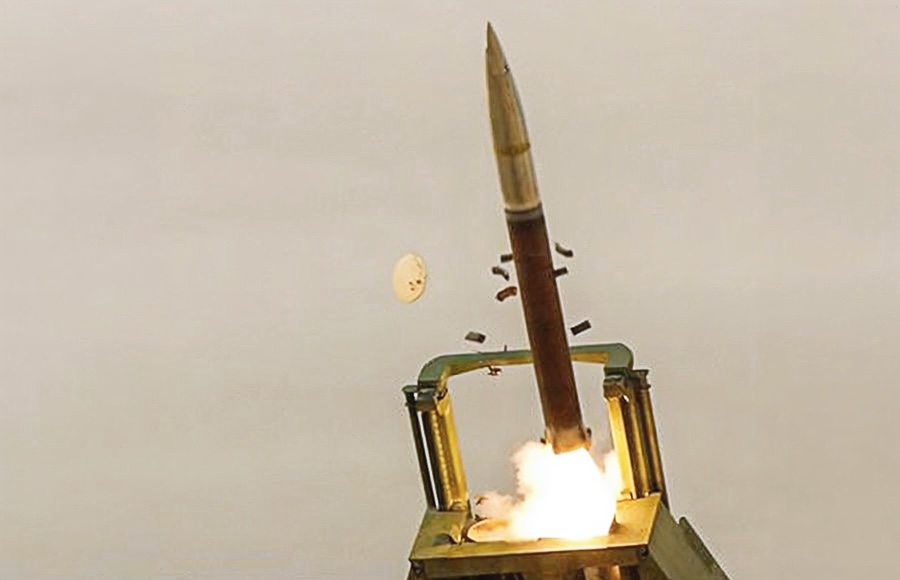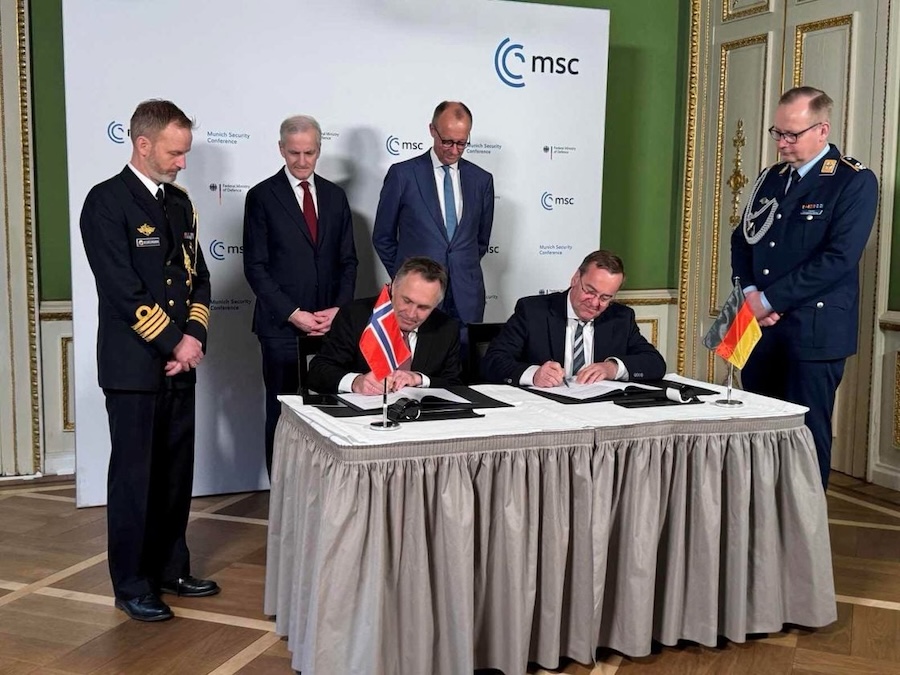European Commission President Ursula von der Leyen said: “I welcome the agreement on the European Defence Industry Programme. €1.5 billion to strengthen Europe’s defence industry, support Ukraine and ensure we are defence-ready by 2030, in line with our ‘Preserving Peace’ roadmap. Because when we invest in readiness, we invest in peace. Congratulations to the Danish Presidency for seeing this crucial programme through.”
The new programme introduces targeted measures to support Europe’s defence industry, focusing on production scale-up, supply chains, SMEs, and the development of Ukraine’s defence technological and industrial base. A key rule agreed is that at least 65% of components in funded projects must originate from the EU or associated countries, ensuring the programme prioritises European-made content.
The co-legislators also backed the creation of a Ukraine Support Instrument to modernise Ukraine’s defence sector and foster EU-Ukrainian partnerships. This aims to accelerate the integration of Ukraine’s defence industry with the European Defence Technological and Industrial Base (EDTIB).
Additional elements include the European Defence Projects of Common Interest and the voluntary Structure for European Armament Programme (SEAP). These initiatives will support the implementation of Defence Readiness Flagships and may allow for VAT exemptions on jointly owned military equipment.
EDIP also introduces the first ever EU Security of Supply Regime to ensure access to key defence products and reinforce Europe’s ability to respond to future supply chain disruptions. Once EDIP enters into force, the Commission will prioritise programming to fund urgent needs under the Defence Readiness Roadmap 2030.
Henna Virkkunen, Executive Vice-President for Tech Sovereignty, Security and Democracy, stated: “With the Defence Readiness Roadmap adopted by the European Commission today, we are setting a clear direction for Europe’s security and preparedness. In this context, the agreement on EDIP is a major step forward. It will be key to turning our ambitions into concrete capabilities. This agreement not only strengthens Europe’s defence industrial base, but also reflects the spirit of unity and cooperation that defines our Union. With EDIP, we are building a more resilient and secure Europe — ready to face the challenges of today and tomorrow. I thank our co-legislators for their dedication and commitment to this vital initiative.”
Commissioner for Defence and Space Andrius Kubilius said: “I welcome the consensus reached on EDIP by the co-legislators as a genuine European Defence Union requires a robust and dedicated European Defence industry programme. As already highlighted in the White paper for European Defence, it is a priority to enhance our defence readiness and deterrence capabilities, reduce our reliance on external suppliers, and stimulate Europe’s competitiveness and innovation. It will help to effectively implement Roadmap and flagship projects. This programme will bolster our defence support and cooperation with Ukraine, involving the Ukrainian defence industry in the instrument from the start.”
Proposed in March 2024, EDIP is the EU’s first integrated programme for strengthening the EDTIB and bridging the gap between emergency tools such as ASAP and EDIRPA and long-term defence objectives. It complements other instruments including the European Defence Fund and the ReArm Europe Plan/Readiness 2030, backed by the SAFE loan and national flexibility under the Stability and Growth Pact.
Source: European Commission.



















